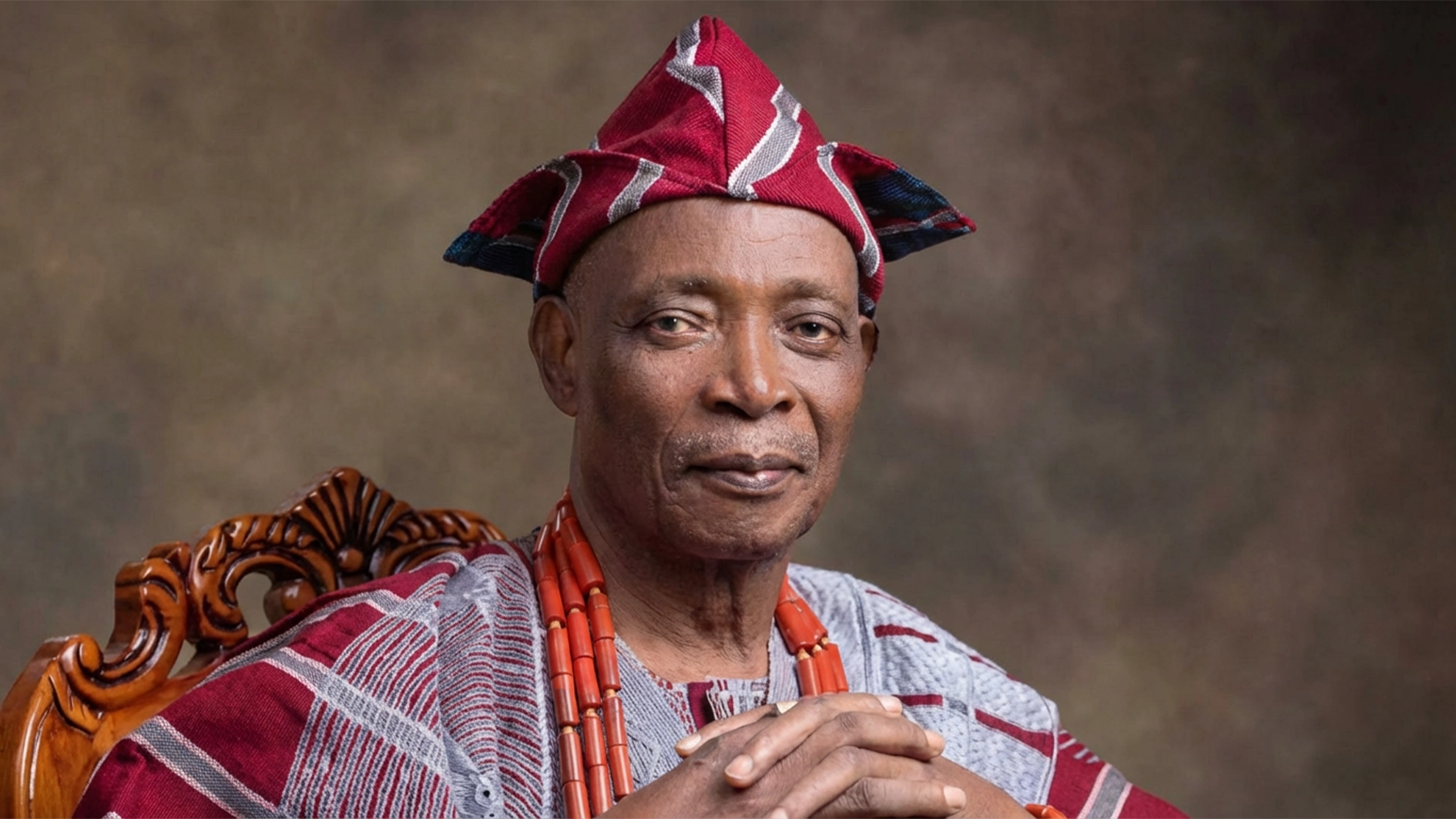Lagos State Governor, Babajide Sanwo-Olu, has launched the Produce for Lagos Programme and the ₦500 billion Offtake Guarantee Fund, revealing that the state food economy, which was ₦6.5 trillion annually, is now ₦16.14 trillion.
Speaking on Wednesday at the official launch of the Produce for Lagos Programme and the ₦500 Billion Offtake Guarantee Fund, Sanwo-Olu added that Lagos is Nigeria’s largest food market, consuming over 50 per cent of the food traded in the Southwest.
According to the governor, research also showed that Lagos loses nearly 50 per cent of its food between harvest and the market, primarily due to poor storage and inefficient transportation.
“Then came 2020, and with it, the global COVID-19 pandemic, which exposed Lagos as highly dependent on food imports, and therefore vulnerable to global supply shocks. It became clear that we must transform our food system to ensure that Lagos can sustainably feed its people, both now and in the future.
“This led to us launching, in 2021, the Lagos State Agricultural and Food Systems Roadmap, our robust plan for addressing structural weaknesses within the food system, particularly post-harvest losses, poor logistics, and supply chain gaps.
“To implement this roadmap, we significantly increased the agriculture budget from ₦4.2 billion in 2018 to nearly ₦80 billion today, the highest in the state’s history. For us, this was a bold affirmation that food is economic infrastructure, deserving of the same attention as transport or energy.
“To reinforce our commitment to reform, in 2024, we renamed the Ministry of Agriculture to the Ministry of Agriculture and Food Systems; an intentional step to reflect the complexity and integration we now demand of our food system strategy.
“This renewed commitment, which is fully aligned with the National Policy on Agriculture, and the food security vision of President Bola Ahmed Tinubu’s Renewed Hope Agenda, has helped us deliver the following impactful programmes and more: Ounje Eko Discount Markets; N500 million Ounje Eko Farmers Subsidy Programme; The Central Food Security Systems & Logistics Hub (Epe)—the largest food hub under construction in West Africa, The Middle Level Agroproduce Hub; and the Lagos Agripreneurship Program (LAP).”
Sanwo-Olu argued that, after implementing several programs and projects in the food and agriculture sector, the Produce for Lagos Programme is the next logical step in its roadmap.
He was optimistic that the programme would provide guaranteed off-take contracts, access to financing, and logistics support, connecting Lagosians directly with Lagos’s dynamic food economy.
Sanwo-Olu added that it will boost agricultural production, reduce reliance on informal and uncoordinated supply channels, create jobs for the youth, and increase economic returns for all ecosystem stakeholders.
“It will be implemented through the Lagos Food Systems Infrastructure Company (LAFSINCO), and supported by key Special Purpose Vehicles like the Lagos Bulk Trading Company, Ekolog (Eko Logistics), and the Produce for Lagos Fund.
“This ₦500 Billion Offtake Guarantee Fund will provide working capital for bulk traders, finance for logistics operators, liquidity for aggregators, and credit support for food producers across Nigeria. It is a demonstration of our understanding that our food economy cannot thrive on policy alone – it requires financing.
“This fund is not a subsidy, it is an investment vehicle that will catalyse private capital, stabilise food prices, and de-risk agricultural operations across the value chain,” Sanwo-Olu stated.






